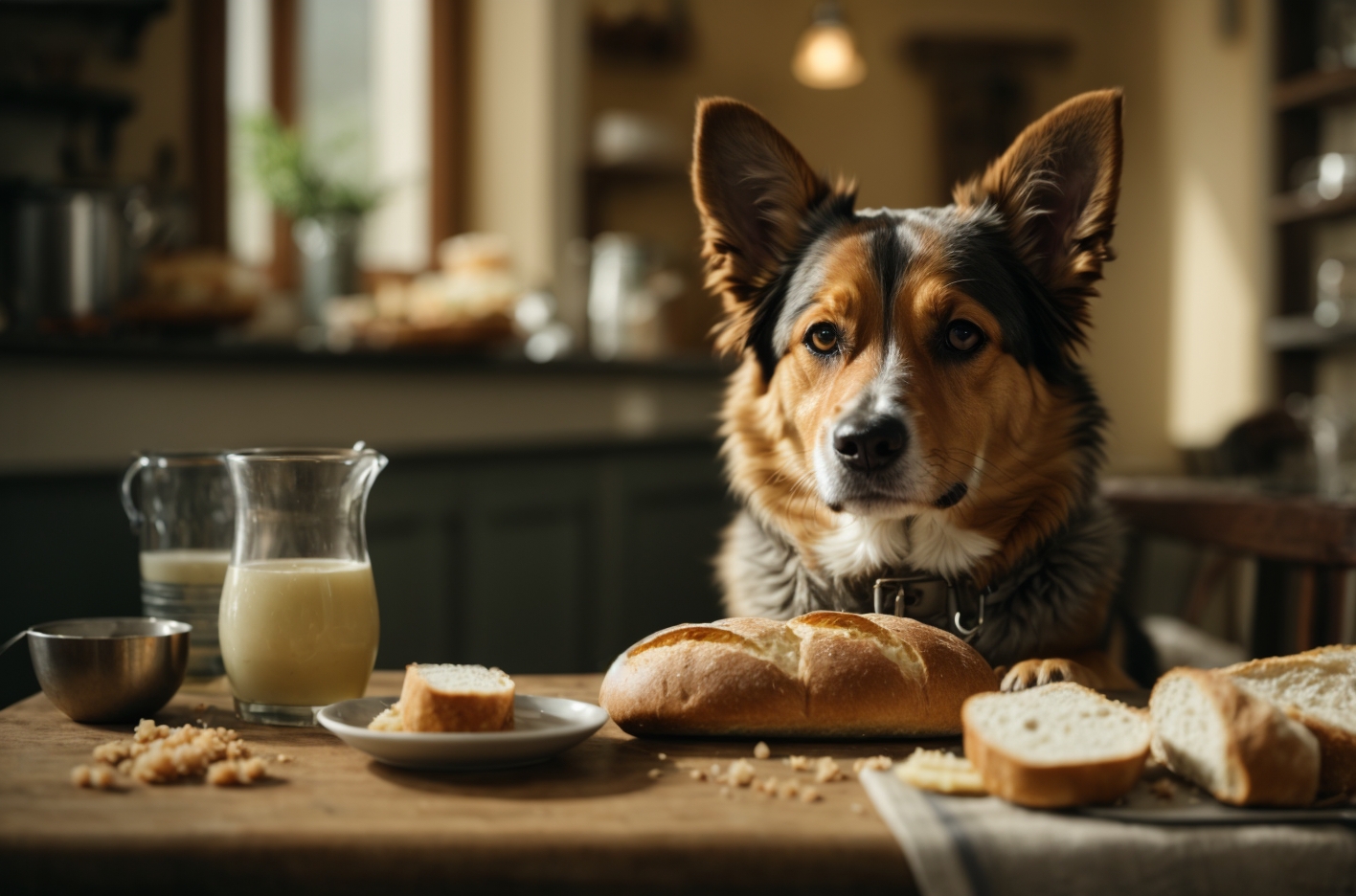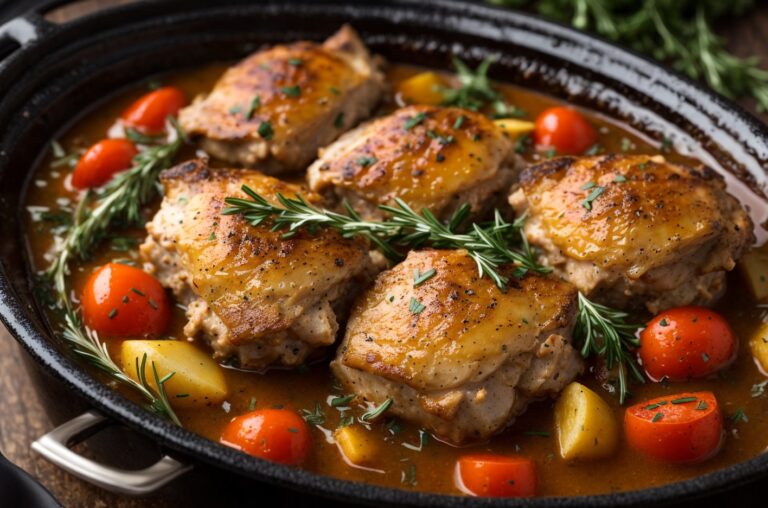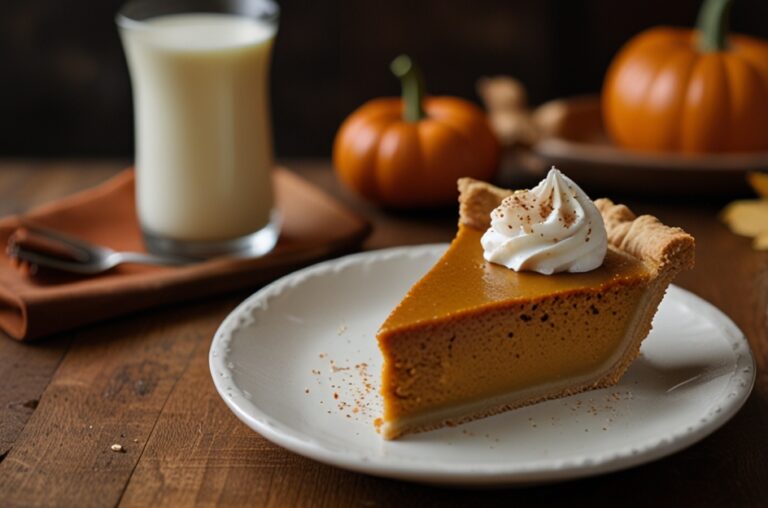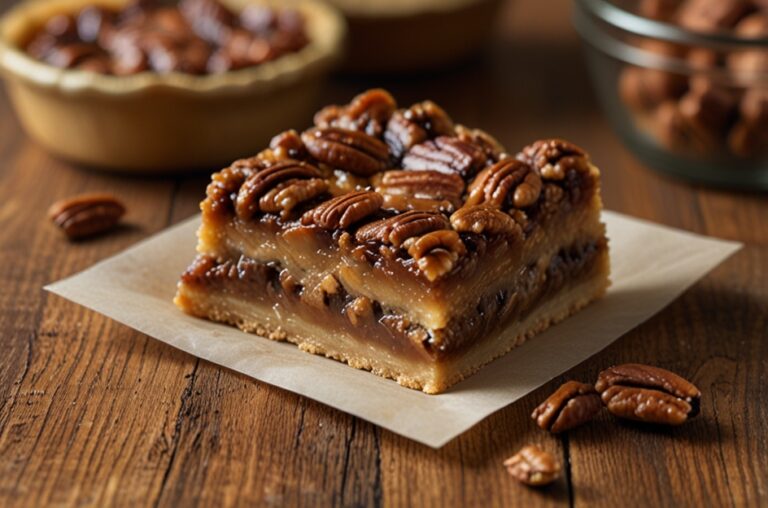can dogs have sourdough bread
If you’ve ever enjoyed a slice of fresh sourdough bread and caught your dog eyeing it longingly, you might wonder: “Can dogs have sourdough bread?” It’s a reasonable question, considering many dog owners love sharing food with their furry companions. However, before you tear off a piece and hand it over, it’s crucial to know whether sourdough bread is safe for dogs or not.
Let’s explore the effects of sourdough bread on dogs, the potential risks, and whether sharing this delicious bread with your pet is a good idea.
Table of Contents
| Sr# | Headings |
|---|---|
| 1 | What Is Sourdough Bread? |
| 2 | Is Bread Safe for Dogs in General? |
| 3 | Can Dogs Eat Sourdough Bread? |
| 4 | What Happens If a Dog Eats Sourdough Bread? |
| 5 | Why Is Unbaked Sourdough Dangerous for Dogs? |
| 6 | How Much Bread Is Too Much for Dogs? |
| 7 | Symptoms of Bread Dough Poisoning in Dogs |
| 8 | What to Do If Your Dog Eats Sourdough Dough |
| 9 | Healthier Treats for Dogs |
What Is Sourdough Bread?
Sourdough bread has been a staple for centuries, recognized for its unique tangy flavor and chewy texture. But what exactly makes it different from other types of bread? The key lies in its fermentation process. Sourdough is made by fermenting dough using naturally occurring lactobacilli and wild yeast, which creates that characteristic sour taste.
The dough’s long fermentation period helps break down the gluten and makes it easier for many humans to digest. But what about dogs? Before we delve into that, it’s worth asking whether regular bread is even safe for dogs in the first place.
Is Bread Safe for Dogs in General?
In moderation, bread is not inherently harmful to dogs. Plain bread, without added ingredients like raisins, garlic, or chocolate, is typically safe for dogs to consume occasionally. However, bread offers little nutritional value for dogs. While it can be an occasional treat, bread doesn’t contribute much to their overall health.
Think of bread as the equivalent of junk food for dogs. Sure, a bite or two won’t hurt, but it’s not providing them with any essential nutrients. Just like us, dogs need balanced meals full of proteins, fats, and fiber to stay healthy. Feeding them bread regularly is a bit like offering them candy instead of a nutritious meal.
So, while dogs can technically have bread, it shouldn’t become a regular part of their diet. But does this apply to sourdough bread as well?
Can Dogs Eat Sourdough Bread?
While plain bread may be okay for dogs in small amounts, sourdough bread introduces unique concerns. The process of fermentation, which gives sourdough its signature flavor, can pose risks to dogs.
Why is this?
The fermentation process involves wild yeast and bacteria that create carbon dioxide and alcohol. While this might make the bread delicious for us, it can lead to potential health problems for dogs, especially when the dough is still unbaked. Even baked sourdough can be difficult for dogs to digest.
If your dog has eaten a small amount of baked sourdough bread, they’ll likely be fine, but moderation is key. Sourdough is high in carbs, and too much bread in a dog’s diet can lead to obesity or digestive issues.
So, is it safe for dogs to eat sourdough bread? In small, infrequent amounts, yes. But there are risks, especially if the bread is unbaked.
What Happens If a Dog Eats Sourdough Bread?
Let’s say your dog snatches a slice of sourdough bread off the counter. What can you expect? In most cases, a small amount of baked sourdough will not cause immediate harm. However, because sourdough bread is fermented, it can be harder for your dog to digest than regular bread.
Dogs don’t process grains as efficiently as humans, which can lead to bloating, gas, or an upset stomach.
In large amounts, the high carb and calorie content of sourdough can also contribute to long-term issues like obesity and diabetes. It’s similar to when we overeat starchy foods—imagine your dog dealing with the same uncomfortable aftermath!
An important metaphor to consider here: feeding dogs sourdough bread is like giving a toddler a candy bar for breakfast. It’s not toxic in small doses, but it’s not doing them any favors either.
Why Is Unbaked Sourdough Dangerous for Dogs?

The real danger lies in unbaked sourdough. Before sourdough bread is cooked, the dough is still fermenting, and this fermentation process produces alcohol. Dogs are highly sensitive to alcohol, and if they eat unbaked sourdough dough, it can ferment in their stomach, releasing toxic amounts of ethanol into their system. This can lead to alcohol poisoning, a very serious condition for dogs.
Unbaked dough can also expand in your dog’s stomach, leading to bloating and, in severe cases, a condition called gastric dilatation-volvulus (GDV) or bloat. GDV is a life-threatening condition where the stomach twists on itself, trapping air inside.
In short, unbaked sourdough dough is a double threat: the alcohol produced by fermentation and the expansion of the dough can both be extremely harmful to your dog.
How Much Bread Is Too Much for Dogs?
So, how much is too much when it comes to dogs and sourdough bread? The general rule of thumb is that bread, in any form, should only be an occasional treat. A bite or two of baked sourdough is unlikely to cause harm, but it shouldn’t be a daily snack.
For smaller dogs, even a small slice can be too much due to their size and lower tolerance for carbs. For larger dogs, the effects may not be as immediate, but feeding them bread regularly can still lead to long-term health issues like obesity.
As with any human food, moderation is key. Too much sourdough, or any bread, can lead to gastrointestinal upset, weight gain, and an imbalance in their diet. It’s best to stick with treats that are specifically designed for dogs.
Symptoms of Bread Dough Poisoning in Dogs
If your dog has eaten unbaked sourdough dough, watch out for the following symptoms of ethanol poisoning or GDV:
- Vomiting
- Diarrhea
- Excessive drooling
- Distended abdomen
- Lethargy
- Weakness
- Difficulty breathing
- Disorientation
If you notice any of these symptoms, contact your veterinarian immediately. Time is of the essence, especially if your dog is experiencing bloat, which can be fatal if not treated promptly.
What to Do If Your Dog Eats Sourdough Dough
Accidents happen. If your dog manages to eat unbaked sourdough dough, it’s essential to act quickly. First, try to determine how much dough your dog has consumed and monitor them closely for any signs of distress or discomfort.
In the case of minor ingestion, your vet might recommend inducing vomiting or monitoring the dog for symptoms. However, if the amount consumed is significant, or if your dog is showing symptoms of ethanol poisoning or GDV, it’s vital to get them to a vet immediately.
Your vet may administer treatments like fluids to prevent dehydration, medications to treat the alcohol toxicity, or even surgery to resolve severe bloating or GDV.
Healthier Treats for Dogs
While sourdough bread isn’t the best option for your dog, there are plenty of healthier alternatives. Dogs love treats that are both tasty and nutritious, such as:
- Carrot sticks
- Apple slices (without the seeds)
- Pumpkin puree
- Sweet potatoes
- Dog-safe peanut butter
These options not only satisfy your dog’s desire for a snack but also provide them with vitamins and minerals that contribute to their overall health.
Remember, treats should only make up 10% of your dog’s daily calorie intake. The rest should come from balanced meals designed to meet their nutritional needs.
Conclusion
So, can dogs have sourdough bread? In small amounts, baked sourdough is not likely to harm your dog, but it should be given sparingly. Unbaked sourdough dough, on the other hand, can be highly dangerous, potentially leading to ethanol poisoning and bloating.
When it comes to feeding your dog human food, it’s always best to err on the side of caution. Stick to treats that are specifically designed for dogs, and save the sourdough for yourself!
FAQs
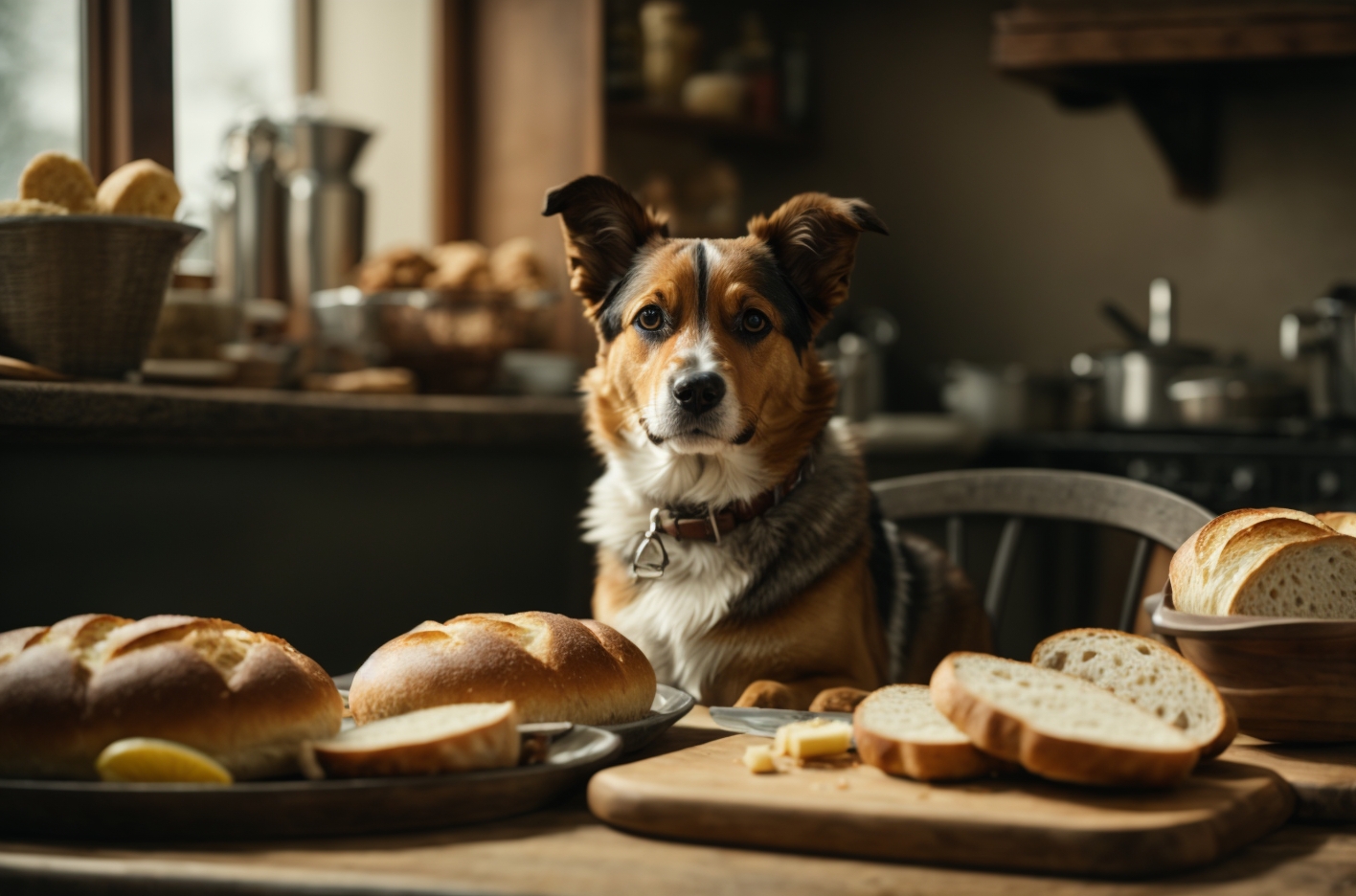
1. Can dogs eat sourdough bread?
Yes, in small amounts, baked sourdough bread is generally safe for dogs. However, it should be given sparingly as it offers no significant nutritional benefits and can contribute to digestive issues if consumed in large amounts.
2. Is sourdough dough toxic to dogs?
Yes, unbaked sourdough dough is dangerous for dogs. The fermentation process can produce ethanol, leading to alcohol poisoning. The dough can also expand in their stomach, causing bloating or gastric dilatation-volvulus (GDV).
3. What should I do if my dog eats raw sourdough dough?
If your dog eats unbaked sourdough dough, contact your veterinarian immediately. Watch for symptoms like vomiting, a distended abdomen, or lethargy, as these could indicate ethanol poisoning or bloat.
4. Can bread make dogs fat?
Yes, feeding your dog too much bread, including sourdough, can contribute to weight gain due to its high carbohydrate content. Over time, this can lead to obesity and related health issues like diabetes.
5. Are there safer alternatives to bread for dogs?
Yes! Instead of bread, consider healthier treats like carrots, apple slices (without seeds), or pumpkin puree. These snacks provide nutrients while satisfying your dog’s cravings.

